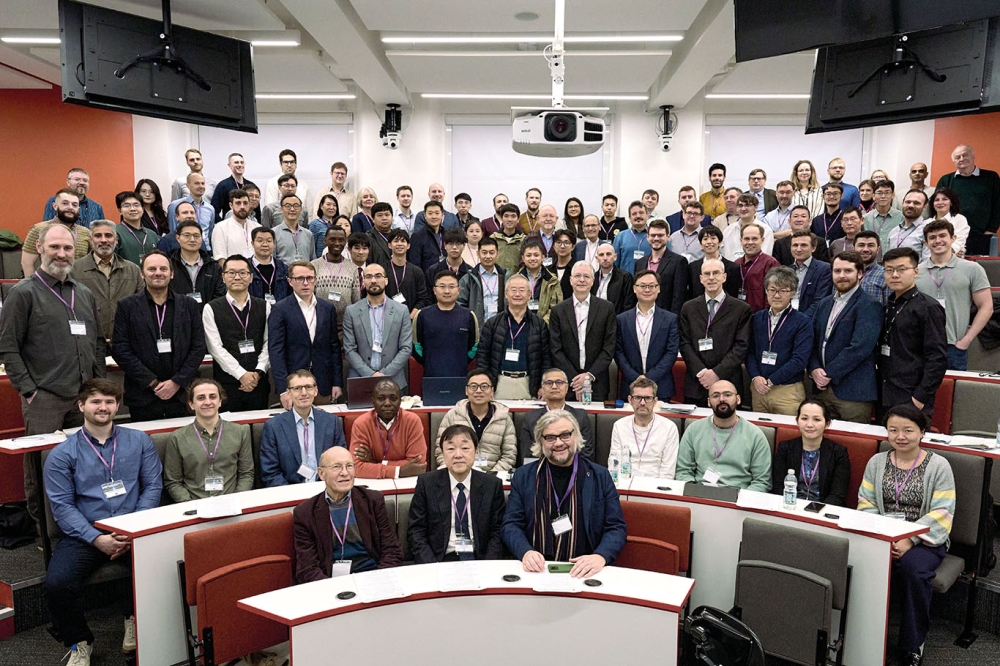Blackberry business bears fruit for Skyworks
by Michael Hatcher
Shares in Skyworks Solutions are at a four-year high, thanks to growing sales of Blackberry smartphones and increased penetration of applications outside of mobile handsets.
The company s stock closed at just below $11 per share on Thursday, June 5, higher than at any time since mid-2004.
Part of the recent burst of growth in sales and profitability at the Woburn, Massachusetts manufacturer of GaAs chips has resulted from its acquisition of Freescale s handset PA business in late 2007.
Those PAs feature heavily in Blackberry smartphones made by Research in Motion, and highlight how Skyworks handset business is diverging into two distinct categories.
At the top end of the market, each phone might contain up to $6 of Skyworks components, and the company is already shipping in volume to each of the top five phone manufacturers.
Crucially, Skyworks last week agreed a deal with key baseband company Qualcomm, marking the first time that it has worked directly with the semiconductor giant on platforms for next-generation handset designs.
Skyworks will provide Qualcomm with several new front-end RF architectures, including a 4 mm x 4 mm power amplifier operating at 450 MHz, that ought to keep it at the forefront in advanced handsets.
Meanwhile, the market for low-end handsets in developing economies is growing rapidly, with phone manufacturers like Nokia hoping to further drive down the cost of its products.
Counter-intuitively, company CEO David Aldrich said that the market for low-end handset is now becoming "less commoditized".
The reason for this is an increased use of system-on-chip (SoC) architectures in these types of handsets. This means that there is an increasing need for higher performance from the phone's power amplifier, switch and filter components, said Aldrich.
Skyworks has been able to capitalize on this, and is supplying its "Intera" products to sit alongside the "LoCosto" SoC platforms provided by Texas Instruments for low-cost handsets.
In fact, demand for its GaAs chips has now reached the point where Skyworks has enlisted the services of Taiwanese foundry WIN Semiconductors to extend its manufacturing capability. The move comes not long after Skyworks inked an extension to its agreement with epitaxy partner Kopin (see related story).
WIN, which already runs two 6-inch fabs, says that it is also expanding, having just purchased land earmarked for a third wafer fab.
For Skyworks, WIN is mostly focused on manufacturing GaAs PHEMTs, although the relationship is expected to extend to other types of devices as the US company looks to further diversify outside of its traditional handset domain.
Typical of the new applications that the company is benefiting from include satellite set-top boxes and remote wireless energy meter readers. However, Skyworks GaAs-based devices are fighting well-entrenched silicon opposition in these markets.
But in so-called femtocells, where Skyworks is already supplying Samsung with components for use in the miniature base stations, GaAs devices do feature heavily. Skyworks says that each femtocell contains around $10 worth of its components.
The company is also supporting 802.11n wireless LAN applications through partnerships with Broadcom and Atheros, where it supplies GaAs PHEMT and HBT devices.
Author
Michael Hatcher is the editor of Compound Semiconductor































